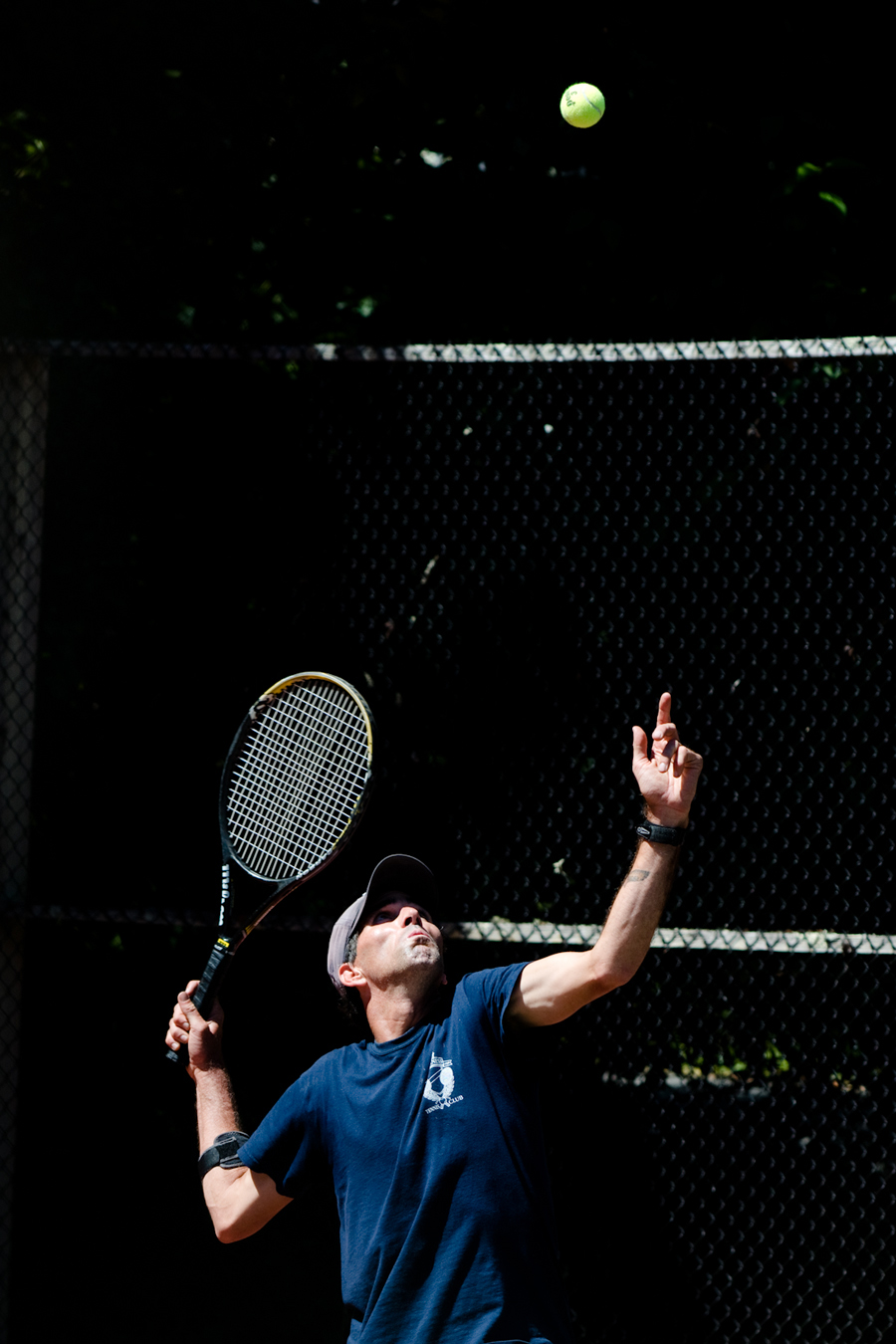Xerxes Whitney recited the first poem by heart. His gaze was firm and straight beneath his tan pageboy cap, meeting this reporter’s eyes . . .
Xerxes Whitney on being yourself


Xerxes Whitney recited the first poem by heart. His gaze was firm and straight beneath his tan pageboy cap, meeting this reporter’s eyes . . .